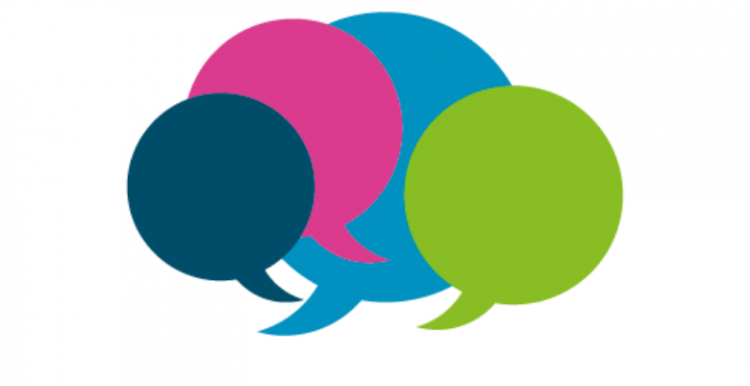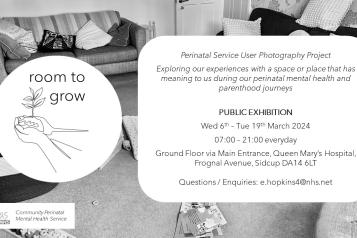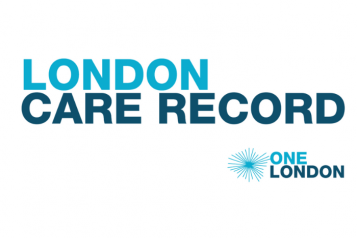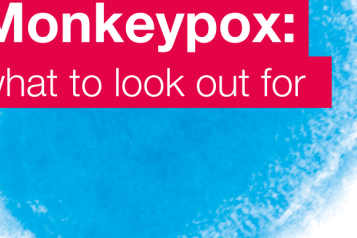Coronavirus-related scams are on the rise
The National Trading Standard Scams Team have recently released guidance on how to protect yourself from scams and fraud, and what to look out for.

A number of new scams have been circulating, relating specifically to COVID-19 (Coronavirus).
Some of these scams include:
- People offering miracle cures or vaccines. There is currently NO specific treatment or preventative vaccine for COVID-19.
- Home cleaning services.
- People claiming to be healthcare workers and offering to deliver home testing kits.
- Emails saying you can get refunds on taxes, utilities and more.
- A number of new mobile phone apps which claim to give COVID-19 updates, but instead lock your phone and demand a ransom.
- People offering to do your shopping or collecting medication and asking for money upfront and then disappearing.
In order to help protect yourself from being scammed, there are a number of things you can do:
- Be cautious and listen to your instincts. Don't be afraid to hang up or close the door to people if you feel uncomfortable.
- Take your time and don't be rushed by people.
- If someone claims to be from a charity, ask them for ID.
- Be suspicious of services asking for money upfront, and try and check with a trusted relative or friend if you're unsure.
- When online, be aware of fake news stories and adverts for miracle cures, home testing kits and vaccines. Do not order any of these.
- Protect your financial information such as bank details and PIN number. Never give your bank card or PIN number to a stranger. Please note that banks, hospitals and the police will NEVER ask you for bank details over the phone.
If you think you have been scammed, please report it to Action Fraud on 0300 123 2040, and if you need advice, please call the Citizens Advice Consumer Help Line on 0808 223 1133.
Call your bank if you think you have been scammed.
If you are in immediate danger, call 999.


